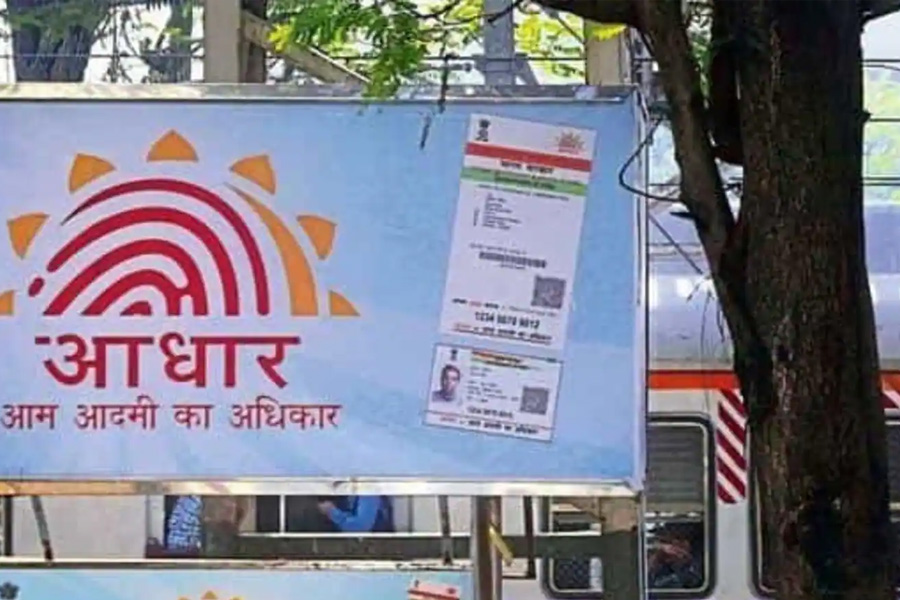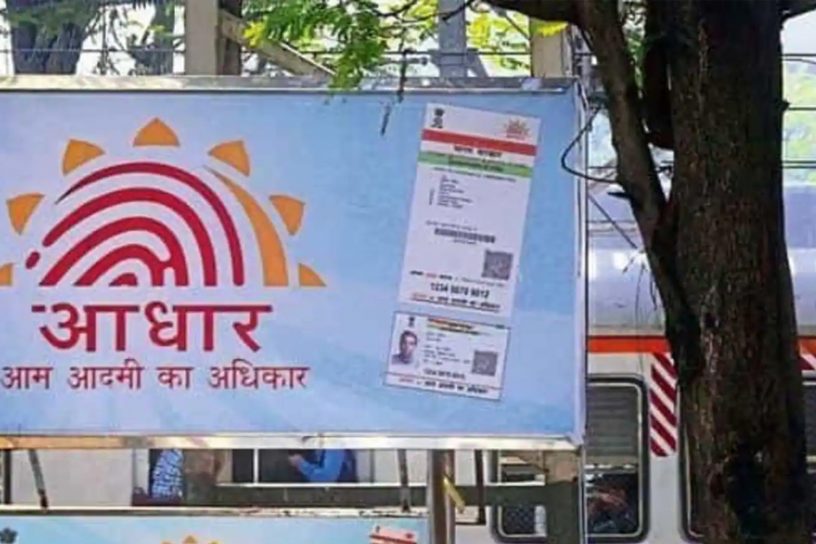
Emotional attachment has a mediating effect on citizens’ attitude towards the campaign and their intention to adopt the services.
Authors
Anjuman Antil, Assistant Professor, Jindal Global Business School, O.P. Jindal Global University, Sonipat, Haryana, India.
Neha Saini, Faculty of Management Studies (FMS), University of Delhi, Delhi, India.
Sanjeewani Sehgal, Management Studies, Cluster Innovation Centre, University of Delhi, Delhi, India.
Shalini Aggarwal, Chandigarh University, Punjab, India.
Umer Shahzad, Research Institute of the University of Bucharest, Social Sciences Division, University of Bucharest, Romania; Anhui University of Finance and Economics, Anhui Province, People’s Republic of China.
Summary
The study aims to investigate the influence of persuasive metaphorical communication on citizens’ attitude, attachment and adoption of digital services based on the government’s logo and tag line in a campaign to promote digitization. The hierarchy of effects model is used to determine the effectiveness of metaphorical communication for the digitization campaign.
Structural equation modelling is used on a sample of 301 Indian citizens. The results show that the hierarchy of effects approach is supported by the data. Emotional attachment has a mediating effect on citizens’ attitude towards the campaign and their intention to adopt the services.
The moderating effect of gender is also found to be significant. Further, it is seen that professionals are more involved with the metaphorical campaign than students.
Therefore, policymakers may consider the greater use of metaphors in their strategy for publicity of welfare schemes and as a tool for propagating socially and economically relevant messages. The paper contributes to the effectiveness of persuasive communication in emerging economies’ government campaigns.
Published in: FIIB Business Review
To read the full article, please click here.


